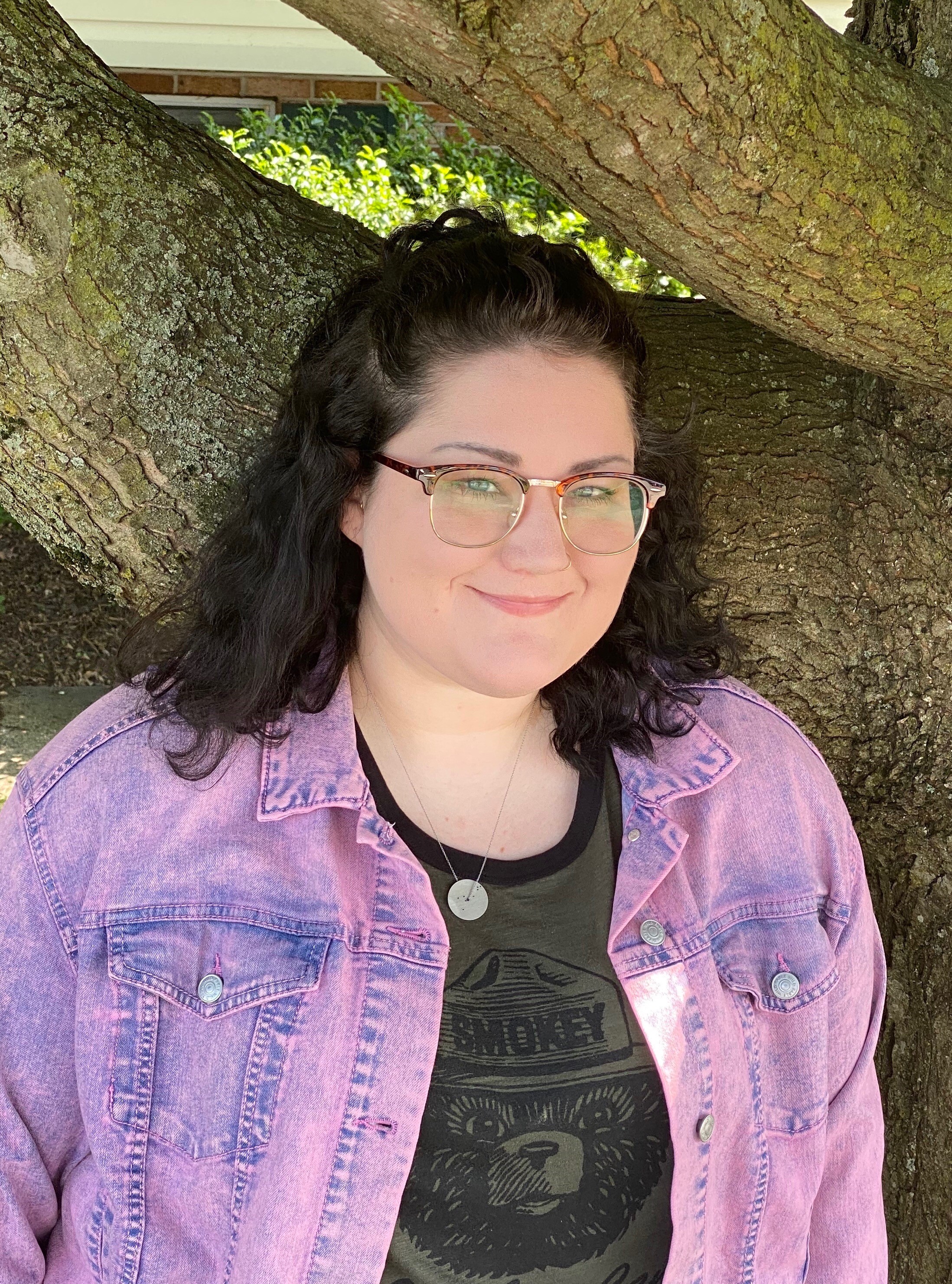Graduate Alumna Focus | Emily Fabricatore

Hood alumna, Emily Fabricatore, earned her Master's in Environmental Biology in May 2020. She has been working as an intern for the Department of Energy's Office of Environmental Management for the past year.
Emily Fabricatore
Graduation Year
2020
Program
- Environmental Biology (M.S.)
Department
- Biology
"Much of the knowledge I gained in the Environmental Biology program was used in my internship. My class in Pollution Biology was especially helpful when researching information on contaminated media at my internship site"
Please provide a brief bio including your educational and career background.
I graduated with my bachelor’s in Biology from Hood College in 2011. I knew I liked science and pursued a biology degree, but I wasn’t sure what I wanted to do as a career after graduating.
After some research, I started the master's program at Hood College in Environmental Biology in 2016. This past May, I completed the graduate program and have been an intern for the Department of Energy Office of Environmental Management for the past year.
Could you please tell me more about your Department of Energy internship? How did you hear about it?
When it came time to decide whether to take the capstone class or take part in an internship, I knew I should try to find an internship since I had no work experience in the science field. A friend recommended I apply for a summer internship at DOE and I was accepted.
I was assigned to the Office of Subsurface Closure which is responsible for assisting sites with the remediation of soil and groundwater contaminated with legacy waste from the development of nuclear materials during the Manhattan Project and Cold War. I analyzed pump-and-treat throughout the DOE Environmental Management complex as my main project.
At my internship, I am responsible for gathering data and compiling it for senior level management to help with making informed decisions. I really enjoy digging into all types of topics, and being an intern has helped me learn about a broad range of environment topics relevant to DOE, from remediation strategy metrics to emerging contaminants.
I have been able to attend seminars and meetings with other government agencies which has given me a well rounded experience. I also visited the Savannah River Site in South Carolina with my fellow summer interns. It was a wonderful opportunity seeing a site in person.
What do you like the most about your current job and how has graduate school helped with your career/skills development?
I really like the work environment at my internship placement. I felt very welcomed from the start and being in a collaborative workplace is a great experience. When I’m researching a topic, I generally work independently but we come together to discuss progress or problems. It's a team effort moving toward the same goal which makes working there enjoyable.
Graduate school has definitely helped me be able to successfully work independently and collaboratively. Homework and exams are independent, but there was a focus on group work. I used to think I was a strictly independent worker before graduate school, but having group projects in almost every class made me realize that working in a team is important and can be done successfully when people work together.
Much of the knowledge I gained in the Environmental Biology program was used in my internship. My class in Pollution Biology was especially helpful when researching information on contaminated media at my internship site.
The most impactful aspect of my graduate program were the required presentations. I have been able to present briefings to senior level management successfully, and I know it is in large part thanks to my graduate program. This exercise has been so important for preparing me for a career where discussing research is essential.
Do you have any advice for other Environmental Biology students who are looking into getting an internship/job?
For people in my situation, with little or no science work background, an internship is extremely beneficial.
Ask people in your classes if there are any internships or volunteer opportunities where they work. If possible, do it as early in the program as you can.
Once you’re in your internship, remember that you will be prepared from your work in the graduate program. Good work even at an internship will go a long way into furthering your career and remind you that you can be successful.
Be confident, talk to people, and find out what you like and don’t like. Take every opportunity to do whatever project or assignment comes your way, because you never know what might interest you.
Inspired by Emily's story & ready to #GOFURTHER in your studies and career? Learn more about Hood College graduate programs, including the Environmental Biology program, by clicking here.
Are you ready to say Hello?
Choose a Pathway
Information will vary based on program level. Select a path to find the information you're looking for!
